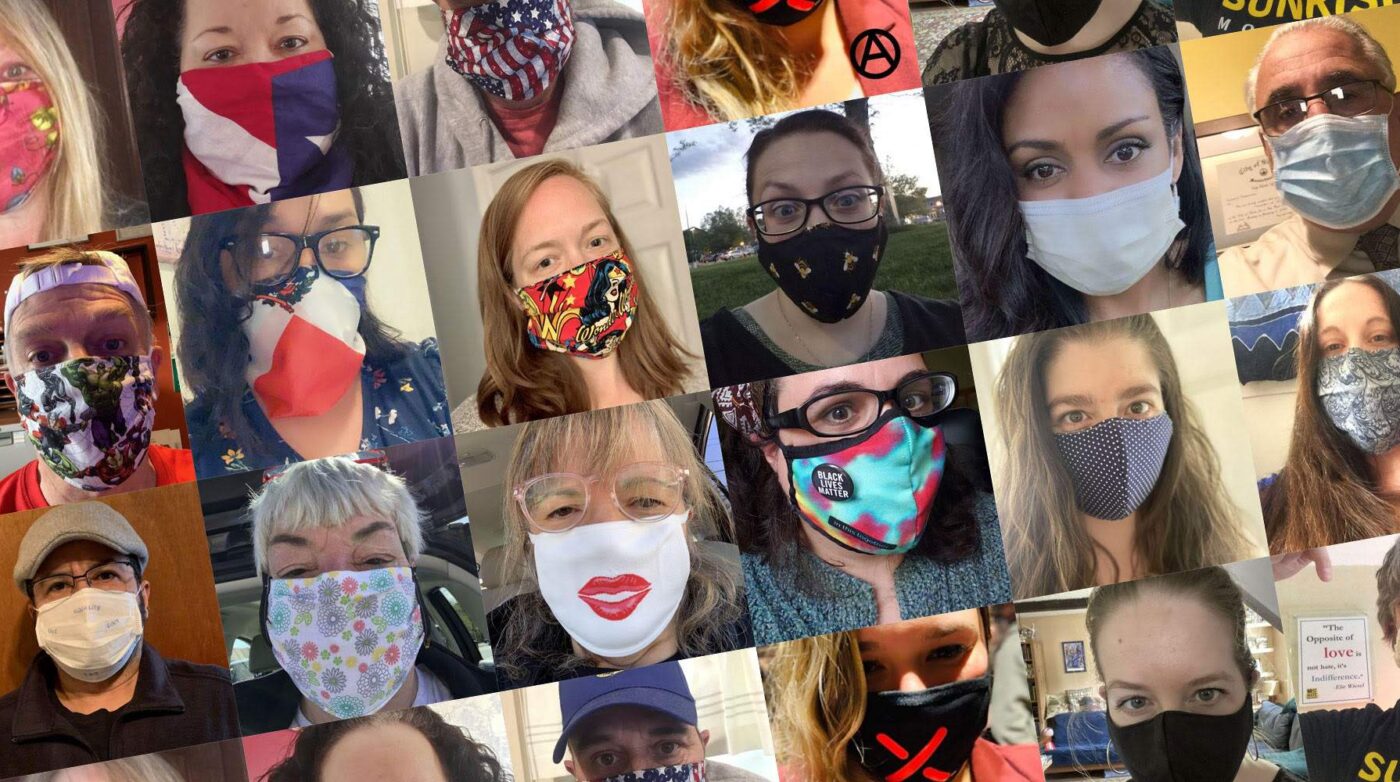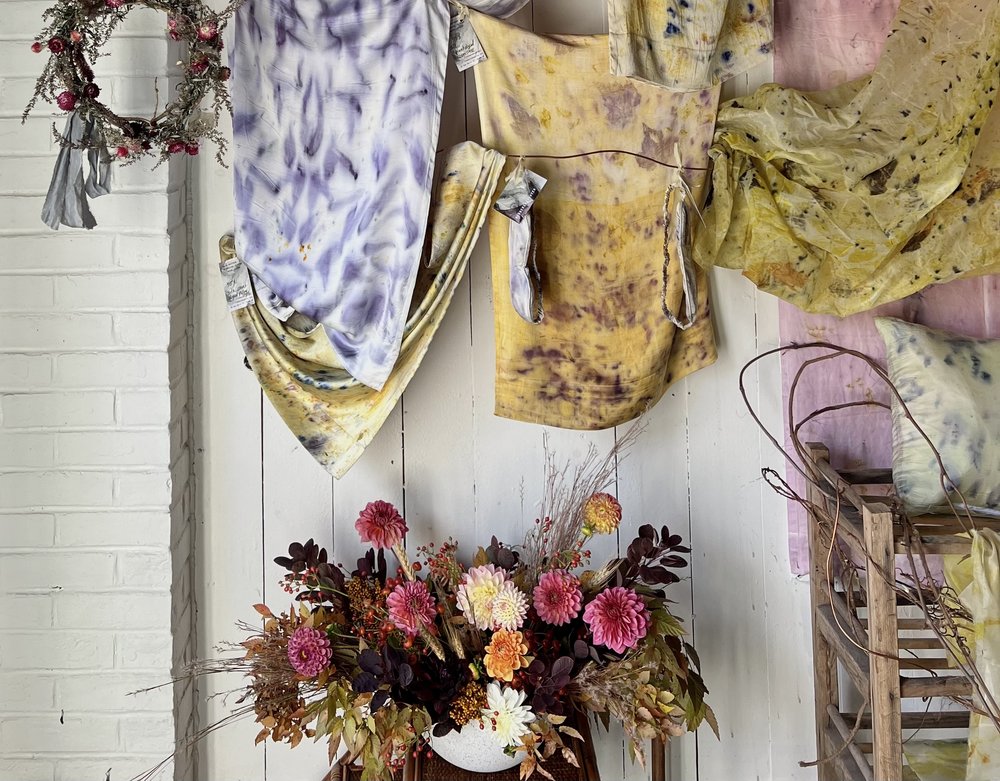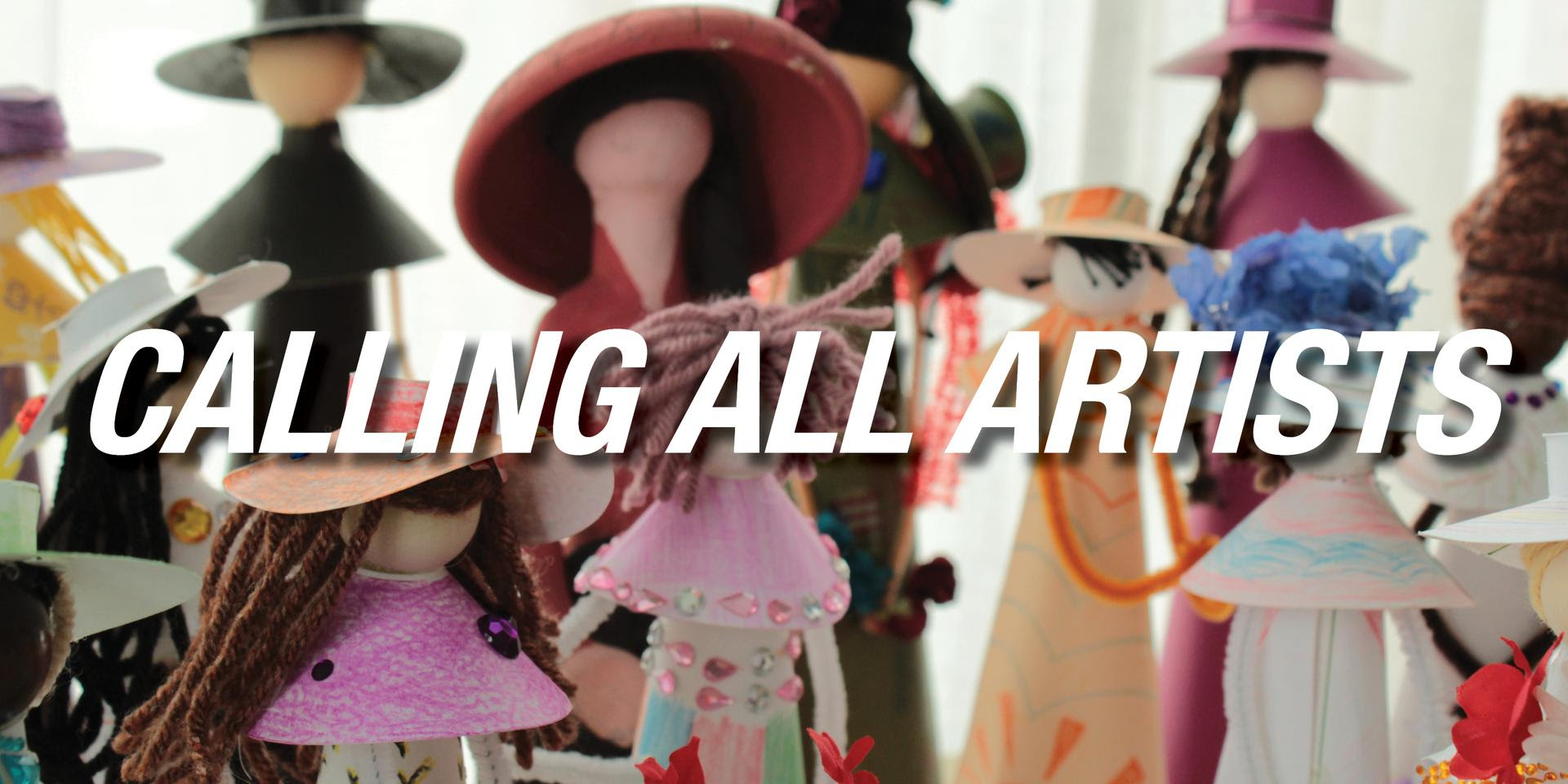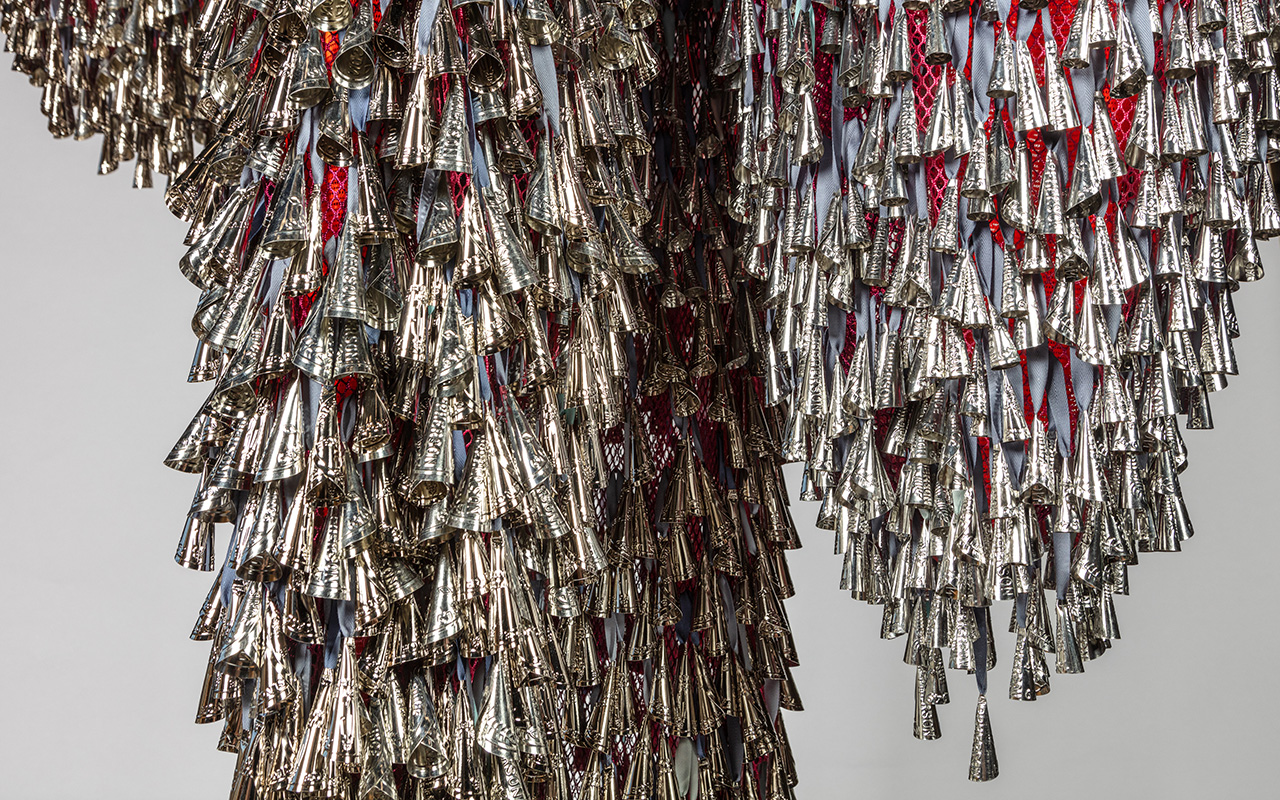CW: Discussions of sexual violence, systemic, racism, self-harm, and drug addiction.
by Joey Phoenix
Images by Troy B. Thompson/The No Evil Project
“Unless you have a secret fortress high in the mountains and are devising nefarious plots to bring about world destruction, you can help with the No Evil Project. Everyone is different, and that’s a good thing. Everyone is labeled, and despite all the stereotypes out there, you know your labels don’t define you. Your combination of labels is what makes you unique.” – The No Evil Project


Photographer at the No Evil Project
Web Designer and Photographer Troy B. Thompson started the No Evil Project in 2011 as a direct response to the media surrounding the Obama v. Romney Presidential election. He observed that people were demonizing each other based on a single aspect of a person, a single label.
But since then, the No Evil project has grown into something much more poignant, asking questions not just about how people are labeled by others, but how they label themselves, and how that self-labeling affects their worldview.
Breathe No Evil, the most recent addition to the No Evil Project, is an attempt to humanize mask-wearing in a world where, prior to COVID-19, wearing masks just hasn’t been the norm.
Click here to view the online gallery
Speak No Evil – Why Language Matters
Labels have been used for centuries as tools of oppression and systemic inequality. They have lent their weight to negative stereotypes and derogatory associations to create weapons against oppressed minorities.
And because other people often make decisions about a person’s identity based on these labels, these labels imply that if a person has this label, then by default, they are this.


But something happens when people reclaim their labels. When people decide for themselves what they are and how they want to be named, they take back their power. But the road to reclaiming labels isn’t easy, and sometimes people accept labels for themselves that other people place on them, with all of the negative associations they come with, because that’s how they view themselves.
The No Evil project works by asking people to pick three labels that describe themselves, take photos posing as the Three Wise Monkeys: See No Evil, Hear No Evil, and Speak No Evil (photos taken by Troy), and write a good thing they’ve done to show they’re not evil. The goal for this is to represent and show the world that anyone can do good, no matter who they are.
9,000+ photos later, it has evolved into something a bit deeper, an evolution which started with the impact the project was having on the region’s high school students.
“Some of the labels [the kids were using] made the administration uncomfortable,” Troy recalled. “We had people talk about different addictions, or about being a rape survivor. We had people come out of the closet, a lot of stuff. And there were concerns about publishing this.


“But one of the main things that came out of this was other students in the school found out that they weren’t alone with some of the things they were going through, and they were able to get support from their friends who had been through something similar,” he added.
Sometimes it’s the things that no one knows about a person are the things that define them, and being able to talk about it is one of the doors to healing and help. Over the course of this project, Troy has photographed participants with histories of cutting and self-harm alongside recovering drug addicts, sex workers, and rape survivors.
“You can choose something simple like a Red Sox fan or Yankee fan as one of your labels,” he explained. “But there’s also things like Survivor and Drug Addict and Felon that people have added to the list. I added a few things at the beginning, but everything since then has been all added by people that want to tell the world something about themselves.”
Since schools don’t necessarily have the budgets to help their students through some of these issues, Troy decided to turn the No Evil Project into a nonprofit and apply for some grants and corporate sponsorships to extend its reach.


“I think that’s really powerful to be able to have a chance to label yourself. Sometimes people even pick words that are the opposite of what they’ve been labeled in the past, to kind of show the people that [who labeled them] that they’re wrong.”
This transition into a nonprofit ultimately allowed the project to expand its base to create curriculum activities for teachers, including workshops with the Massachusetts Teachers Association for a summer program, in addition to their public art work and exhibitions around the country.
Earlier this year, they were gearing up to do a series of events in Salem as a follow up to a successful exhibit last year at the Fitchburg Art Museum.
Then COVID-19 happened.
The No Evil Project Comes to Salem, MA with Breathe No Evil


Shantel
Dog Mom | Transgender | Hispanic

Rosario
Activist | Black | Dominican
When COVID-19 restrictions went into effect and the No Evil Project couldn’t produce the large scale events in Salem that they had planned, Troy met with the No Evil board and Salem Public Art Planner Julie Barry in an attempt to figure out what they should do this year to keep the project going. They decided on a submission model where people could take a selfie of themselves wearing a face mask and, in line with the philosophy of the project, help reduce the stigma around mask-wearing.
They’re calling it “Breathe No Evil.”
“There has been a lot of fear and violence in some cases [surrounding the wearing of masks], because of the origins of the virus,” Troy explained. “People that were wearing masks were just assumed to be contagious.” A reality which has disproportionately affected Asian-American mask-wearers.
Or consider the case of these two Black men who were kicked out of a Walmart in Illinois by a police officer because they were wearing surgical masks, one example of many in regards to racial profiling and mask wearing during COVID-19.


Art Lover | African-American | Sagittarius
“I wanted to find a way to normalize [mask wearing] so that it was easy for people to help slow the spread and help the public in general,” Troy said.
The project is just gaining traction on the North Shore, and Troy hopes that the submissions he receives will be actually representative of the diverse community inherent in Salem and North of Boston. Because, believe it or not, representation matters.
“A lot of people have told me that this gives them a platform to talk about some of the labels that don’t come up in everyday conversation,” Troy said. “And these things are Important to them, things that need to be discussed, even if it’s uncomfortable for them. It’s important that people know about their experiences.”
In light of current events, namely civil unrest against systemic oppression where labels are just as harmful as ever, the No Evil Project’s daily profiles will be featuring BIPOC voices.
To participate in the Breathe No Evil Project or to find out more about it, go to https://www.breathenoevil.org/salem
Joey Phoenix is the Managing Editor of Creative North Shore and the Digital Content Manager for North Shore Pride. They’re spending their quarantine time in 2020 boosting Queer and Trans BIPOC voices. Email them thoughts and feedback to joeyphoenix@creativecollectivema.com








